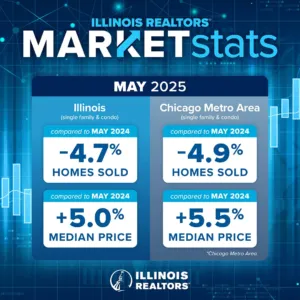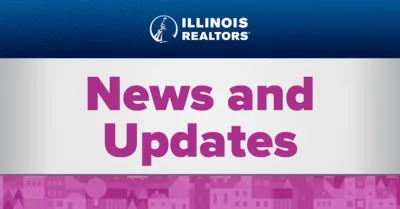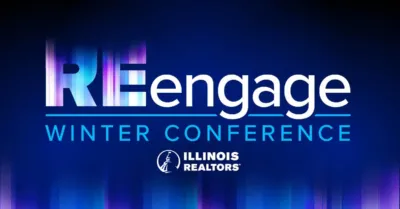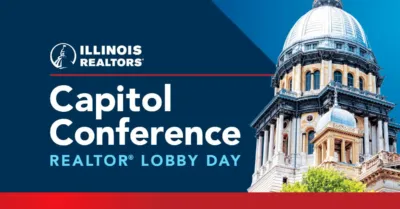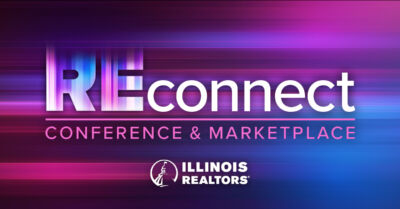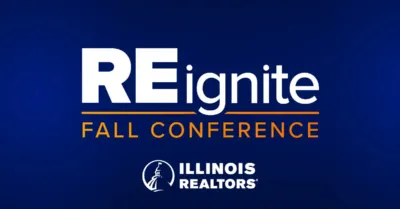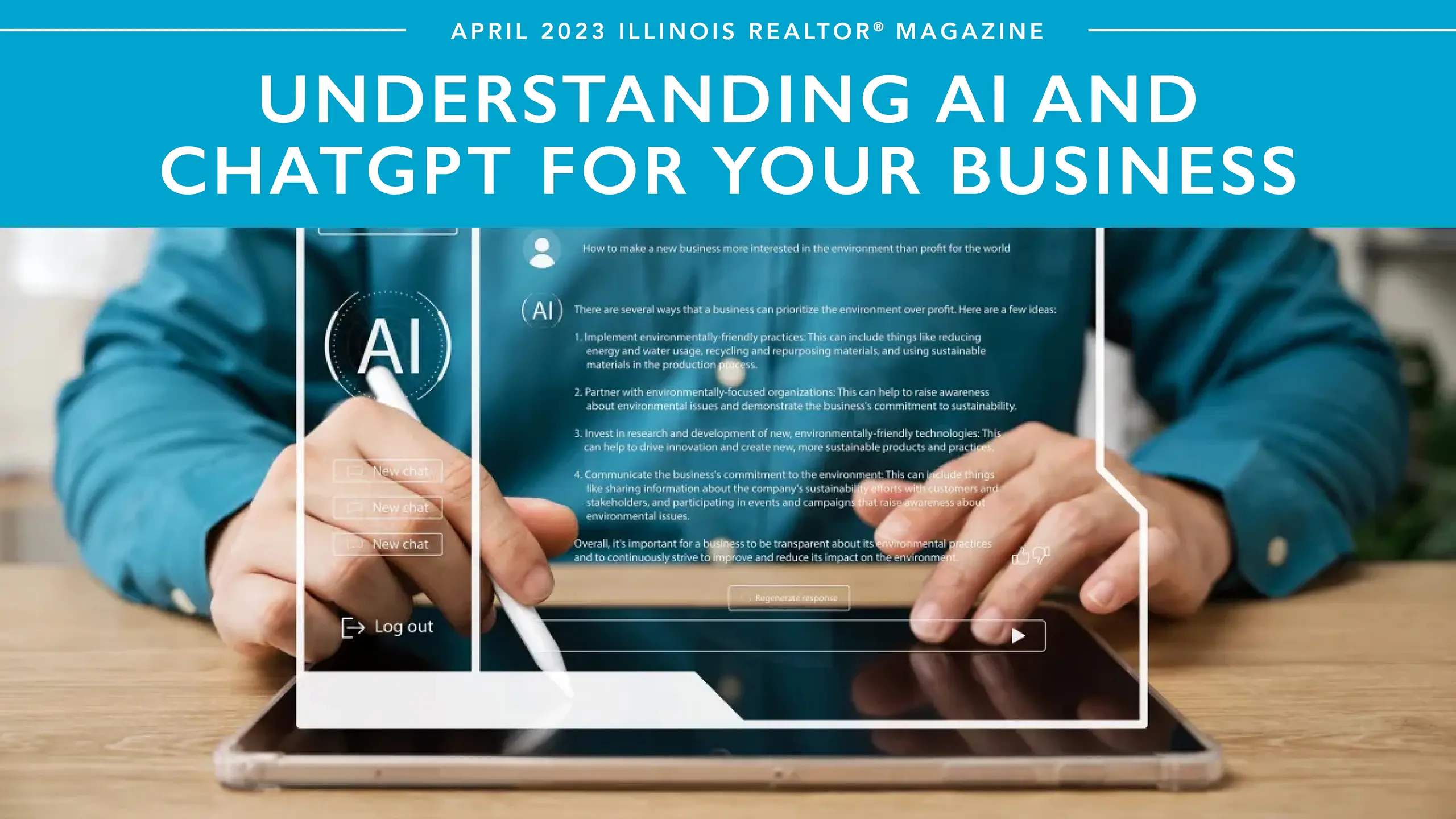Proceed with caution when considering AI for your business

While AI (computer-generated content or artificial intelligence) will be a great tool for our members providing services to their clients and enhancing their marketing abilities, we are advising our members to be cautious as they begin integrating the use of AI into their brokerage activities. This is an ever-changing area of technology, and our members and their supervising brokers need to be aware of possible issues with accuracy, data privacy, copyright and agency.
AI presents copyright issues regarding who owns the content or the work. The general rule for copyright is that it requires “human authorship” and that rule is now being challenged by individuals who had an artificial intelligence platform prepare content with human input or prompts. The copyright courts are pushing back a bit and saying this doesn’t fit into the rule of “human authorship” therefore the work can’t be copyrighted. In the alternative, if a person uses artificial intelligence to produce a work, and tweaks or changes that content – giving it that human touch – the court may grant that person copyright protection for the content. As more cases weave their way through the court system, we should begin to get better clarification as to how the copyright rules apply to the use of AI-generated content.
Another legal issue that has arisen is when a particular AI product or platform has been trained using another company’s data without proper permission or compensation. For example, Getty Images recently sued a company alleging copyright infringement for using 12 million Getty Images’ photographs, text and their metadata to “train” its AI model. The AI platform would then generate new work based on the copyrighted data owned by Getty Images. Getty Images alleged that the company was developing its AI tools by using Getty’s work without a license. This case is still pending and we will monitor developments.
Consider that in “training” the AI platform, it is possible that bad actors could provide inaccurate information in the process, subjecting their own biases into the program, causing end results that provide false, misleading or biased information to the users.
In addition, you must take great care to avoid entering confidential information into an AI platform, especially if you don’t know what that platform will do with that information. For example, users may input sensitive data and ask the platform to analyze and summarize the data. That input, which may contain workplace intellectual property, customer data and/or confidential information, is now in the platform’s library and the user may no longer have control over the data. There have been some data breaches where platforms published users names, email addresses and partial credit card numbers to others. Security is a concern for all and should be addressed anytime AI platforms are being used.
Still another concern involves AI-generated assistance. You are all familiar with chatbots that pop up in the corner of most website pages you visit. If you are using chatbots to assist in contacting clients or marketing properties, these actions might be establishing agency relationships with clients. What if the chatbot violates the License Act or Code of Ethics when “speaking” to your client or a consumer? What if it divulges confidential information? The chatbot or AI program will not be named in the license act or ethics complaint. The broker who utilized the program will have to explain those actions, and will likely be held responsible for them.
Illinois REALTORS® recommends the following best practices to members when using AI in their brokerage businesses:
Within your office, consult with your IT team and attorneys to see how AI tools can fit into your brokerage practices. And remember, although an AI platform may prepare content on your behalf, you are still responsible for the end product and must comply with the Code of Ethics and the Real Estate License Act at all times.
About the writer: Prior to joining Illinois REALTORS® in 2022, Victoria (Vicki) Munson was an attorney in private practice focusing on real estate and estate planning matters. She enjoyed assisting buyers and sellers in bringing their transactions to the closing table. Victoria earned her bachelor’s degree from Western Illinois University and her Juris Doctor from The John Marshall Law School.


